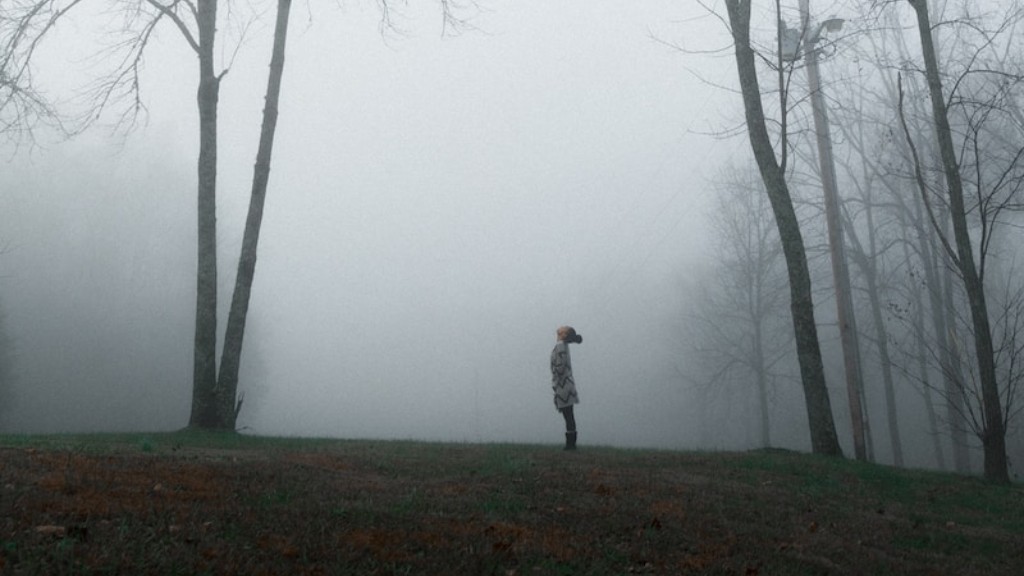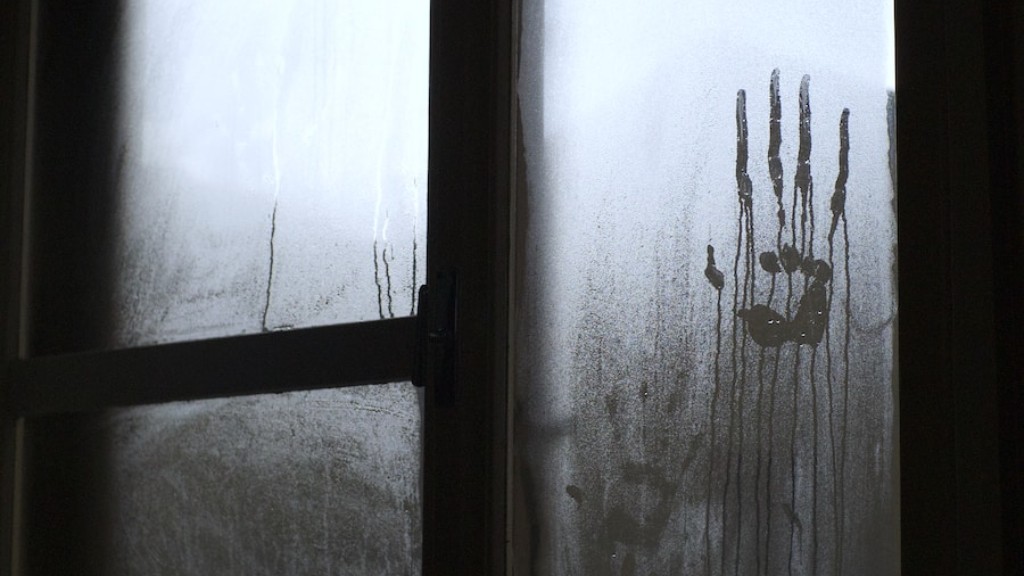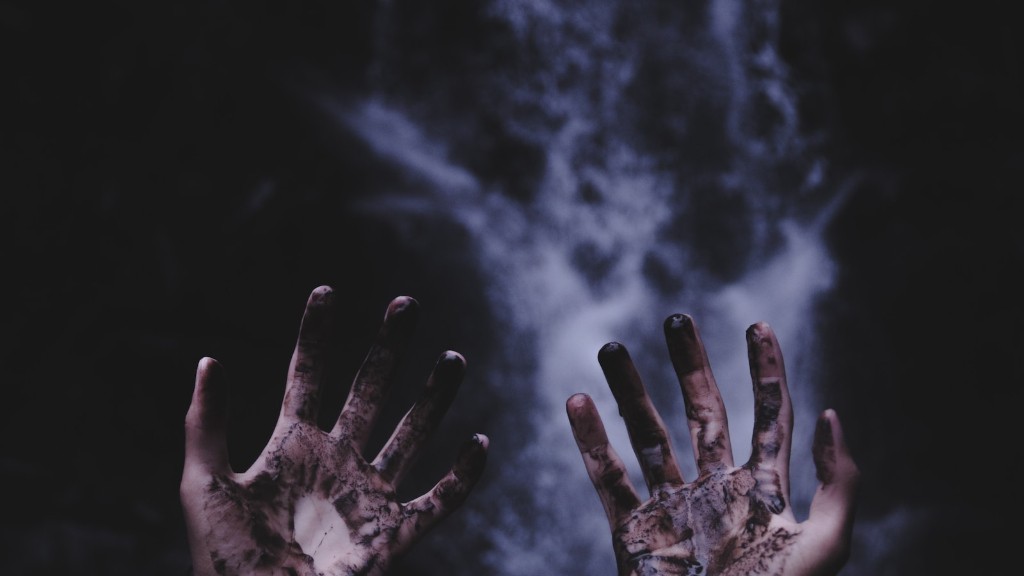For years, mentally ill disabled people have been typecast as villains in horror movies. Though this portrayal may be entertaining to some, it is damaging to the mentally ill community. This type of representation reinforces the negative stigma surrounding mental illness, and can lead to further discrimination and discrimination.
Disabled people in horror movies typically serve as either the villains or the victims. They are often used as a source of fear or as a target for the killer. This can be seen as a form of ableism, as it reinforces the idea that disabled people are not to be trusted and that they are weaker and more vulnerable than able-bodied people.
What is disability in the horror genre?
Horror movies often use disability imagery to signal moral decay or the lack of a moral sense. This is because disability is a convenient plot device that can explain motivation for villainous or monstrous characters. Disability studies can help us understand why this is and how to avoid perpetuating these harmful stereotypes.
Some research indicates that people with a higher sensation-seeking trait tend to seek out and enjoy horror-related experiences more. Those with a lower sensation-seeking trait may find those experiences unpleasant and avoid them.
What are the disability tropes in movies
The “magical cripple” is a trope that has been used in fiction for centuries. This type of character is often seen as someone who is able to overcome their physical limitations and achieve great things. While this can be an inspiring message, it can also be seen as limited and even offensive.
The “evil cripple” is another common trope. This type of character is often portrayed as someone who is mean, spiteful, and often uses their disability to victimize others. This is an unfortunately common stereotype that can be damaging and hurtful.
The “inspirational cripple” is a trope that is often used in fiction to show that disabled people can be just as successful and happy as anyone else. While this is a positive message, it can also be seen as unrealistic and even condescending.
The “redemptive cripple” is a trope that is often used in fiction to show that even people with disabilities can be redeemed. This can be a powerful message, but it can also be seen as suggesting that people with disabilities are somehow responsible for their own suffering.
Horror films often depict mental health conditions in an inaccurate and negative light. However, some experts believe that these films can actually be a powerful way to increase public awareness and understanding of mental health conditions. By depicting the vulnerability of human beings, these films can help to educate viewers about the reality of mental illness.
What is the psychology behind horror movies?
Horror entertainment can have a positive effect on the brain by triggering the fight-or-flight response. This response comes with a boost in adrenaline, endorphins, and dopamine, which can help the brain to process surroundings and conclude that the experience is not a genuine threat. This knowledge of personal safety is one reason horror fans habitually watch scary movies.
Psychological horror is a subgenre of horror and psychological fiction that focuses on mental, emotional, and psychological states to frighten, disturb, or unsettle its audience. This type of horror often explores themes of mental illness, paranoia, and obsession. It can also be used toheighten the suspense or terror in a story.
What type of person likes horror movies?
Some of the personality traits and cognitive/affective traits that have been implicated in horror preference and/or enjoyment of horror include sensation seeking, empathy, theory of mind, need for affect, the dark tetrad, and personality. Other individual differences include age and sex.
Sensation seeking is a trait that involves a need for novel and intense experiences. Individuals who are high in sensation seeking are more likely to enjoy horror movies because they are seeking out the thrills and chills that these movies provide.
Empathy is the ability to understand and share the feelings of another. Individuals who are high in empathy may enjoy horror movies because they can vicariously experience the fear and suspense of the characters on screen.
Theory of mind is the ability to understand the mental states of others. Individuals who are high in theory of mind may enjoy horror movies because they are able to see the world from the perspective of the characters and understand their motivations.
Need for affect is a need to experience strong emotions. Individuals who are high in need for affect may enjoy horror movies because they provide an outlet for their emotions.
The dark tetrad is a set of four personality traits: narcissism, Machiavellianism, psychopathy,
Addiction to trauma is a real thing and it’s tied up in biology. The films that we watch that are full of suspense and fear rev up our sympathetic nervous system and induce stress and anxiety. For some people, the stress is a welcome thrill and they enjoy feeling anxious and on edge. The payoff for them comes when the movie is over and they are no longer feeling stressed.
What personality type would survive a horror movie
Scary movies are the perfect way for analytical personality types to enjoy their intuitive side. The hidden meanings and elaborate backstories found in these films allow these individuals to let their imaginations run wild. The horror genre also provides a perfect outlet for the analytical thinker’s need for excitement and suspense. So if you’re looking for a way to scare yourself this Halloween, be sure to check out some of the best horror films out there.
There are three main archetypes used in the creation of characters with disabilities: the helpless victim, the evil villain, and the inspirational hero.
The helpless victim is often used in stories as a character who is in need of help from others, either because they are unable to take care of themselves or because they are in danger. This archetype is often used to generate sympathy from the audience and to create a sense of suspense.
The evil villain is another common archetype for characters with disabilities. This type of character is often used to create a sense of conflict and to exhibit the capabilities of the protagonist. Villains with disabilities are often used to show the power of the human spirit, as they are able to overcome their limitations to achieve their goals.
The inspirational hero is the third and final archetype commonly used for characters with disabilities. This type of character is often used as a source of inspiration for others, as they are able to overcome their disabilities to achieve great things. Inspirational heroes are often used to show the potential of human beings, and to motivate others to achieve their goals.
What Disney character has a disability?
There are a few characters who have disabilities like Dory (short term memory loss in Finding Nemo/Finding Dory), Quasimodo (titular hunchback in Hunchback of Notre Dame), or Dopey (mutism, dwarfism in Snow White and the Seven Dwarves). While there are many more examples, these characters are some of the most popular ones. What these characters have in common is that they are all animated film characters. This is significant because it helps to break down the stigma that disabled people cannot lead fulfilling lives. By seeing these characters in beloved films, children (and adults) can learn that people with disabilities can still be successful, happy, and loved.
The “Disabled Villain” trope is a popular one in movies and TV shows. It’s when a villain has a disability or difference that writers use to make them scarier and more intimidating. This can be a great way to create a more compelling and interesting villain, but it’s important to be aware of the potential for offensive stereotypes and ableism.
What mental illness does Freddy Krueger have
If you are wondering whether or not Freddie Krueger was a real person, the answer is no. However, the backstory of him being a child murderer with pedophilic disorder is unfortunately all too real.
Pedophilic disorder is a mental disorder characterized by a sexual attraction to prepubescent children. While it is not illegal to have this disorder, child pornography and child molestation are crimes that sadly often go hand-in-hand with it.
While there is no cure for pedophilic disorder, there are treatments available to help people manage it. If you or someone you know is struggling with this disorder, please reach out for help.
It has been theorized that people who tend to enjoy horror films are more likely to be Machiavellians or psychopaths. This is because they are predisposed to enjoying fear. A previous study found that Machiavellians do indeed enjoy horror films. Therefore, it is likely that psychopaths also enjoy such films.
Why do depressed people watch horror movies?
Horror is definitely not for everyone. But for those who enjoy a good scare, it can be a way to confront their fears head-on. In fact, some research suggests that horror fans are more likely to be interested in learning about threatening situations. So if you’re looking for a way to get insights into your deepest fears, horror movies may be a good place to start.
According to research, psychopaths have a reduced startle response when compared to the general population. This means that they are less likely to jump or be frightened in situations that would normally scare people. This reduced response may be due to a lack of empathy or a general lack of fear.
Warp Up
There is no one answer to this question as horror movies can portray disabled people with a range of different mental illnesses in a variety of ways. Some films may show disabled people as victims who are terrorized by the antagonist, while others may depict them as the monster or killer themselves. In any case, horror movies often use mental illness as a source of fear and suspense, which can make for an entertaining and harrowing experience for viewers.
People with mental illness are often portrayed as disabled people in horror movies. This is a stereotype that needs to be changed. Mental illness does not make someone disabled, and disabled people are not always mental illness.



